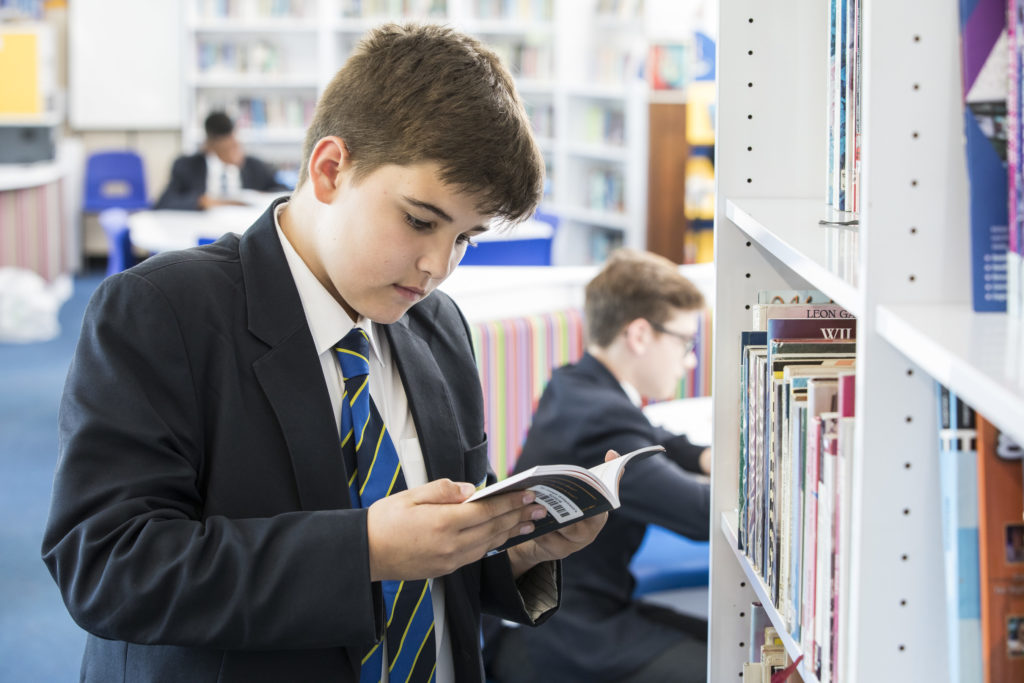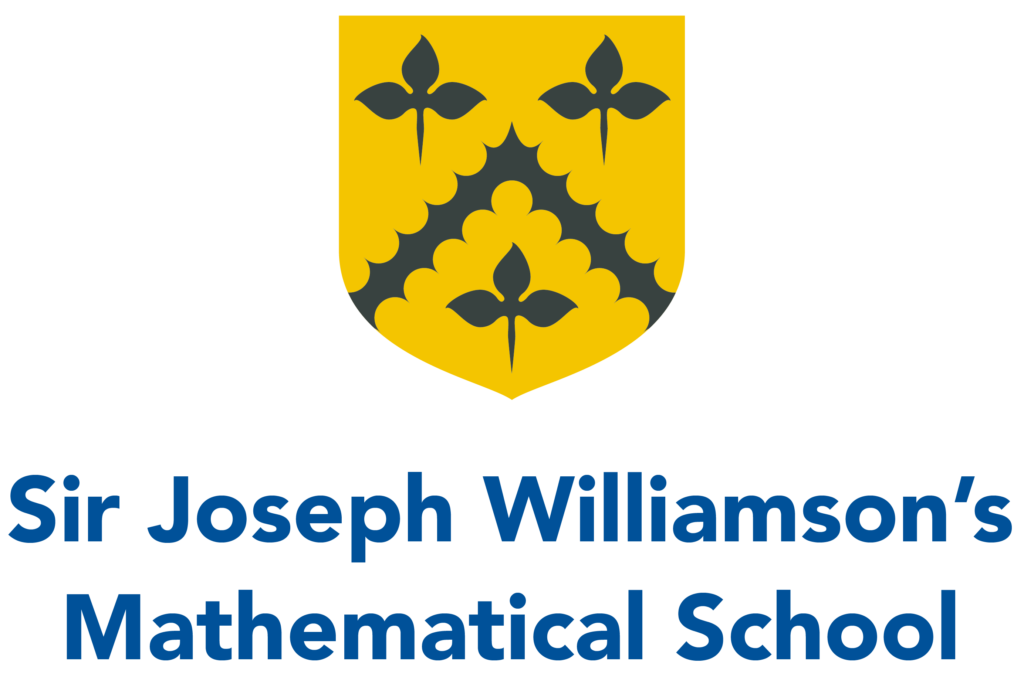“Learning another language is not only learning different words for the same things, but learning another way to think about things.” – Flora Lewis
The fundamental aims of the department are to foster a passion for French language and culture in pupils. We want our pupils to leave our school with the skills necessary to use their French in the real world; to be able to express themselves and to develop a love for further language learning. The French Department at Sir Joseph Williamson’s Mathematical School therefore looks to take a skills-based and communicative approach to the teaching and learning of French at our school.
We aim to give pupils the tools to:
- Communicate effectively in a variety of ways
- Understand and develop the confidence to infer meaning when they are faced with unknown language and respond accordingly
- Have thorough understanding and apply grammatical rules in order to manipulate the language effectively
- Develop confidence and mastery in all four skills: listening, speaking, reading and writing
- Develop a love and an interest for Francophone culture, traditions and customs both in and beyond the classroom.
- ‘Speak with increasing confidence, fluency and spontaneity, finding ways of communicating what they want to say, including through discussion and asking questions, and continually improving the accuracy of their pronunciation and intonation’ – The National Curriculum.
- Be able to translate both to and from French
- Be able to summarise text and audio clips at KS5
The department adds to this a strong focus on both oral and written communication with students from the start of Year 7. We recognise that in the current climate it is not enough for pupils to be able to master the basics, in order for our pupils to be able to excel we aim to challenge our pupils by promoting and encouraging the use of challenging phrases and structures.
At all Key Stages, content is based on pupils’ prior learning in order to build strong foundations and enable pupils to move forward with confidence. Topics and grammar are regularly consolidated as a routine part of lessons.
The French curriculum has been designed to ensure that it is accessible to all students. In year 7 we study topics that are personal in nature and relevant to the student themselves to ensure that all students have a frame of reference, topics such as: family, interests, school etc. The nature of a language means that key verbs and vocabulary are regularly revisited and the deliberate interleaving of topics ensures this takes place. This, combined with the retrieval practice exercises that take place each lesson ensure that key terms and vocabulary are regularly revisited. In addition, in order to support learners, sentence builders are often used to ‘chunk learning’ and to enable students to formulate clear sentences. These are available for use in lessons and are shared on the GC for use at home.
Correction codes are used in marking to indicate the type of error the pupil has made e.g. spelling, gender, verb ending. This is on Google Classroom for pupils to use when correcting the work and the codes help them to identify the mistake and correct the work themselves. We regularly promote good SPAG in this way as well as in lessons. In KS3 and 4 pupils are required to be able to write and understand different types of text e.g. an email, blog or article. Model answers are frequently used to guide pupils with their writing and aim for excellence.
Reading is one of the four key skills and is practised almost every lesson and features regularly in homework. Pupils carry out a range of comprehension activities such as true, false or not mentioned, who said what, answering questions in English and answering questions in French. At KS4 an extract from a French novel will feature in the reading paper and pupils are expected to complete a comprehension task on it. We practise this through past papers. At KS5 pupils read and analyse a French novel (Vigan’s No et moi) and write an essay on this in test conditions. Pupils read the novel independently in the summer between Year 12 and 13 before lessons on comprehension and analysis begin. Pupils are taught how to structure an essay appropriately and lots of modelling is used.
Subject specific key terminology is used frequently in lessons. Although pupils are not required to know it all for the exams, they are expected to know it in lessons for the teaching of grammar. This terminology is used regularly throughout lessons and pupils themselves use it when giving explanations, meaning that it’s stored in their long term memory. This links to the correction codes in marking: pupils need to understand the type of error they have made in order to correct it. Vocabulary tests are carried out regularly (often from English to French) at all key stages and pupils are encouraged to use ‘Quizlet’ to assist their vocabulary learning. ‘Active Learn’ is also used for vocabulary learning support and pupils can be tested online this way too. We expect pupils to achieve at least 60% in vocabulary tests, though many regularly surpass this.




